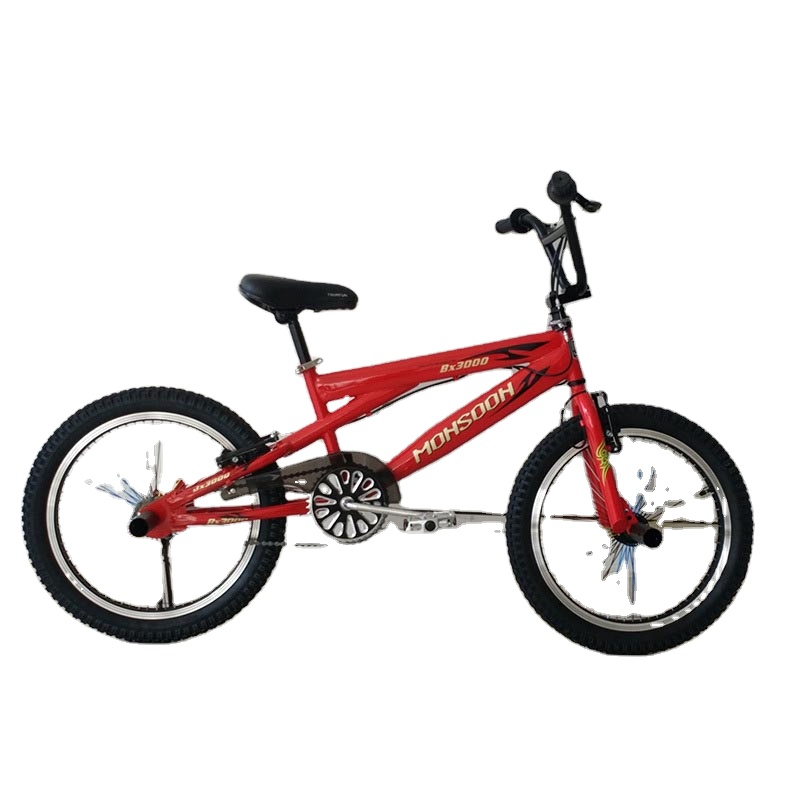12 月 . 04, 2024 09:04 Back to list
baby walker supplier factories
The Significance of Baby Walker Supplier Factories A Comprehensive Overview
In recent years, the demand for baby walkers has surged, reflecting a growing awareness among parents about the developmental benefits these mobility aids can provide. As a result, baby walker supplier factories have emerged as crucial players in the baby product industry. This article delves into the significance of these factories, their operational dynamics, and their impact on both local and global markets.
Understanding Baby Walkers
Baby walkers are devices designed to assist infants who are just beginning to learn how to walk. They usually have a frame with wheels, allowing babies to move around while being supported in an upright position. While traditionally, baby walkers have been viewed as tools that foster early walking skills, they also provide parents with peace of mind, offering a safe environment for babies to explore their surroundings.
The Role of Baby Walker Supplier Factories
Baby walker supplier factories play an essential role in the production and distribution of these products. These factories are responsible for several crucial functions
1. Manufacturing Quality Products The primary role of these factories is to manufacture baby walkers that adhere to safety standards and regulations. This includes using non-toxic materials, ensuring stability, and designing products that cannot be easily tipped over. Quality control measures are implemented throughout the production process to guarantee that all products are safe for infants.
2. Innovation and Design Supplier factories invest in research and development to keep up with trends and parents' needs. By introducing innovative designs, such as adjustable heights, collapsible frames, and engaging toys, they enhance the functionality and appeal of baby walkers. This focus on innovation not only captures consumer interest but also ensures that products remain relevant in a competitive market.
baby walker supplier factories

3. Sustainability Practices As consumers become increasingly eco-conscious, many baby walker factories are adopting sustainable practices. This includes sourcing materials responsibly, minimizing waste, and implementing energy-efficient manufacturing processes. By focusing on sustainability, these factories not only cater to a growing demographic that values ethical consumption but also contribute to a greener planet.
4. Global Supply Chain Operations Baby walker supplier factories often operate within a global supply chain, meaning they may source materials from various countries and distribute products worldwide. This global approach helps factories to optimize costs and efficiency. However, it also requires a keen understanding of international trade regulations and logistics management to ensure timely delivery to retailers and consumers.
5. Collaboration with Retailers and Brands Supplier factories often collaborate with prominent baby product brands and retailers. By understanding market trends and consumer preferences, these factories can tailor their production to meet the demands of their partners. This symbiotic relationship enhances the marketability of the products and allows brands to maintain a steady supply of high-quality walkers.
Challenges Faced by Baby Walker Supplier Factories
Despite their crucial role in the industry, baby walker supplier factories face several challenges. Intense competition and fluctuating raw material costs can impact profitability. Additionally, regulatory compliance is paramount; factories must navigate safety standards in different countries, which can vary widely. Any lapse in compliance can result in product recalls, damaging a brand’s reputation and financial standing.
Moreover, maintaining a balance between cost-efficiency and product quality can be a daunting task. Striking this balance is essential not only for profitability but also for consumer trust. Parents are increasingly discerning about the products they choose for their children, making quality assurance a non-negotiable aspect of manufacturing.
Conclusion
Baby walker supplier factories are vital contributors to the development of safe, innovative, and high-quality baby products. As they navigate the challenges and embrace the opportunities within the market, these factories will continue to play a pivotal role in supporting parents and fostering the growth and development of infants. With a commitment to quality, sustainability, and innovation, they will undoubtedly shape the future of the industry, ensuring that the journey from crawling to walking is as safe and enjoyable as possible for every child.
-
Children Tricycle Factory Custom Designs & Safety Certified
NewsMay.30,2025
-
Best Scooters for Teens Top-Rated, Safe & Durable Rides for 2023
NewsMay.30,2025
-
Affordable Mini & Baby Bicycle Prices Best Deals & Discounts
NewsMay.29,2025
-
20-Inch Kids Tricycle Adjustable Seat, Safe & Durable Design
NewsMay.29,2025
-
20 Inch Kids Bikes Lightweight, Adjustable & Durable Designs
NewsMay.29,2025
-
Magnesium disc Bicycle wholesale children bicycle wholesale children mountain balance bicycle
NewsMar.07,2025
